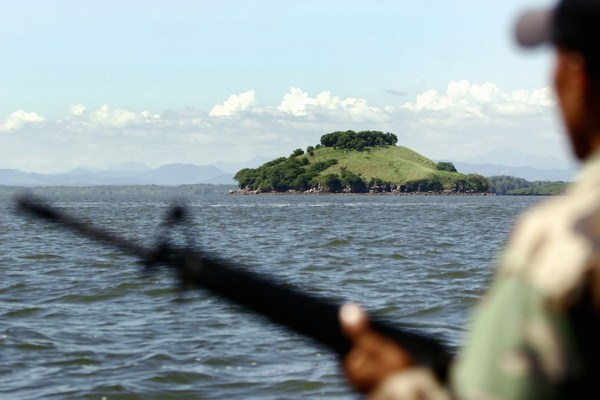In the first week of September, the Honduran military raised the Honduran flag over the disputed Conejo Island, quickly raising the ire of El Salvador’s government. The incident as well as other recent border disputes highlighted tensions within the region at a time when cooperation and collaboration are more important than ever.
The timing of the flap was illustrative on a symbolic level as well: On Sept. 15, five Central American states—Costa Rica, El Salvador, Guatemala, Honduras and Nicaragua—will jointly celebrate 193 years of independence. Once united in a short-lived federation, the domestic and international politics of these five countries remain deeply intertwined. Since independence, the region has suffered from its share of domestic turmoil and foreign intervention, at times both uniting and dividing countries in the isthmus.
Conejo Island was first occupied by the Honduran military during the 1969 Soccer War with El Salvador and has been contested since that time. Although three countries—El Salvador, Honduras and Nicaragua—share maritime boundaries in the waters surrounding the island, Honduras continues to insist that Conejo, located in the Gulf of Fonseca, is Honduran territory. A similar flag-raising incident just last year led to talks among the three countries, which ultimately declared the area a “zone of peace and harmony.” Despite this, Honduras established a heliport on the island this past March.

